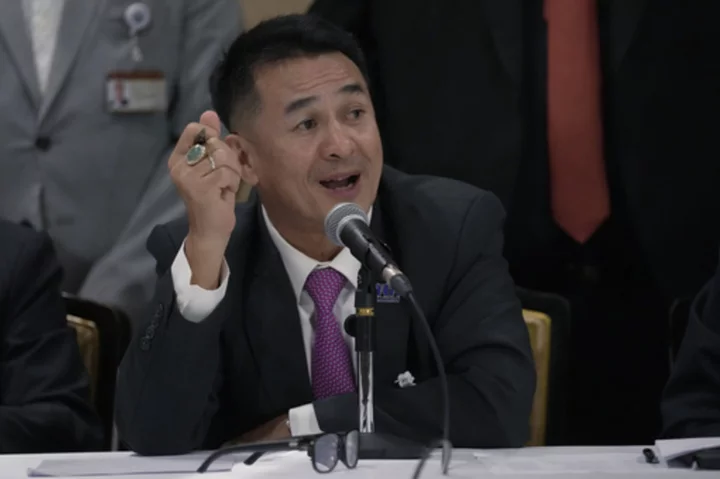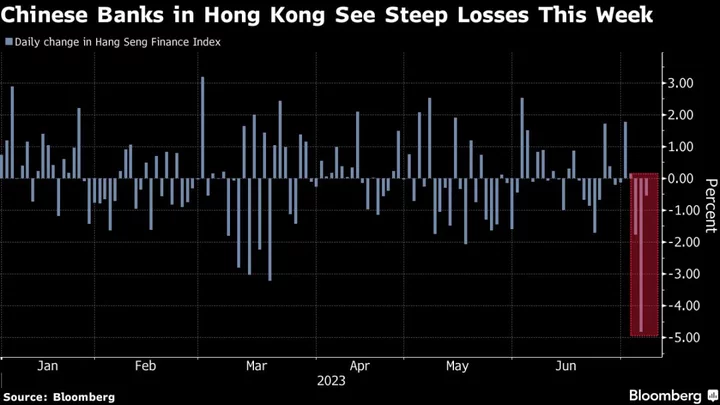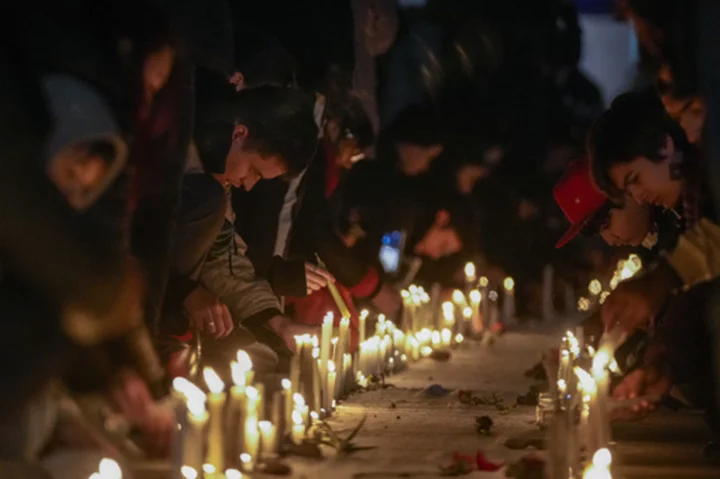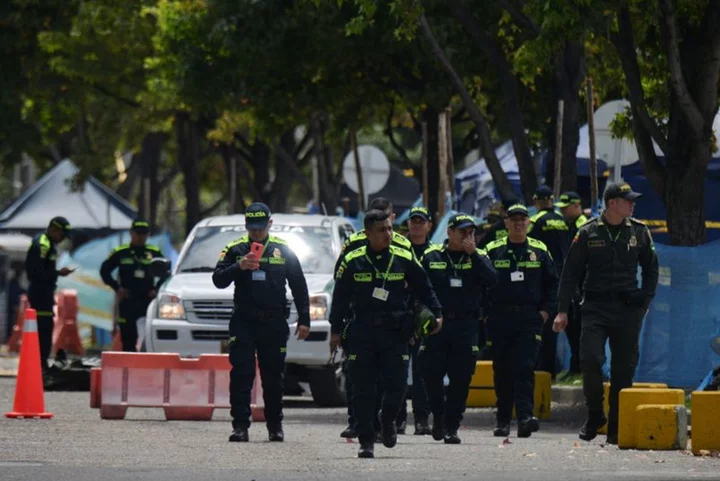
Trump lawyers ask to meet Attorney General Garland - letter
Lawyers for Donald Trump on Tuesday asked to meet U.S. Attorney General Merrick Garland over the work of
2023-05-24 10:25

Ukraine war: Russian Ambassador Andrei Kelin issues warning of escalation in Ukraine
Andrei Kelin tells Laura Kuenssberg Russia has "enormous resources" but UK and US weapons are to blame.
2023-05-28 01:22

MrBeast embraces nostalgia as he unveils heartwarming comments from 'old video', trolls say 'we don't care'
The screenshot captured an old comment, which read, 'MrBeast Now you have 175,000 subscribers'
2023-10-19 17:48

New Hampshire secretary of state won't block Trump from ballot in key presidential primary state
New Hampshire’s top election official says he will not invoke an amendment to the U.S. Constitution to block former President Donald Trump from the ballot in the state that will hold the first Republican presidential primary next year
2023-09-14 00:28

Palestinian families rejoice over release of minors and women in wartime prisoner swap
More than three dozen Palestinian prisoners have returned home to a hero’s welcome in the occupied West Bank following their release from Israeli prisons as part of a cease-fire deal between Israel and Hamas
2023-11-25 05:53

Record Egypt Inflation Quickens Again as Pound Devaluation Looms
Egyptian inflation accelerated to another record high, with a new surge in food costs heaping more pressures on
2023-08-10 13:51

Yellen says China, U.S. have significant disagreements that must be communicated clearly, directly
BEIJING U.S. Treasury Secretary Janet Yellen said 10 hours of bilateral meetings with senior Chinese officials in recent
2023-07-09 09:29

Visa looks to soothe spending slowdown fears after tepid quarter
By Niket Nishant and Sri Hari N S (Reuters) -Visa on Tuesday forecast annual results in line with Wall Street
2023-07-26 06:51

Heineken sells off Russian beer business for €1
The lager-maker will take a huge loss on the division which, it said, had taken longer to jettison.
2023-08-25 19:27

Yankees pitcher Cordero is suspended for the rest of the season under MLB's domestic violence policy
New York Yankees pitcher Jimmy Cordero has been suspended for the rest of the season by baseball Commissioner Rob Manfred for violating the sport’s domestic violence policy
2023-07-06 07:17

Thailand's Pheu Thai party joins with pro-military parties in coalition to form new government
Thailand’s populist Pheu Thai party says it plans to form a new government with an 11-party coalition that includes two pro-military parties affiliated with outgoing Prime Minister Prayuth Chan-ocha
2023-08-21 18:51

Wolverines threatened with extinction as climate change melts their snowy mountain refuges, US says
The North American wolverine will receive long-delayed federal protections under a Biden administration proposal
2023-11-29 21:46
You Might Like...

Senate panel puts spotlight on Supreme Court ethics reform proposal

Half a million children and families regain Medicaid coverage

Goldman Targeted by China State Media for Bearish Bank View

Spain strips deceased former Chilean President Pinochet of a Spanish military honor

Who is Zareena Grewal? Under-fire Yale professor gets support from Internet after pro-Palestine post

Carbon credits - land grab or the Amazon’s future?

20 Spectacular Movie Musicals From the Last 50 Years

Colombian President Petro's son arrested in money laundering probe
